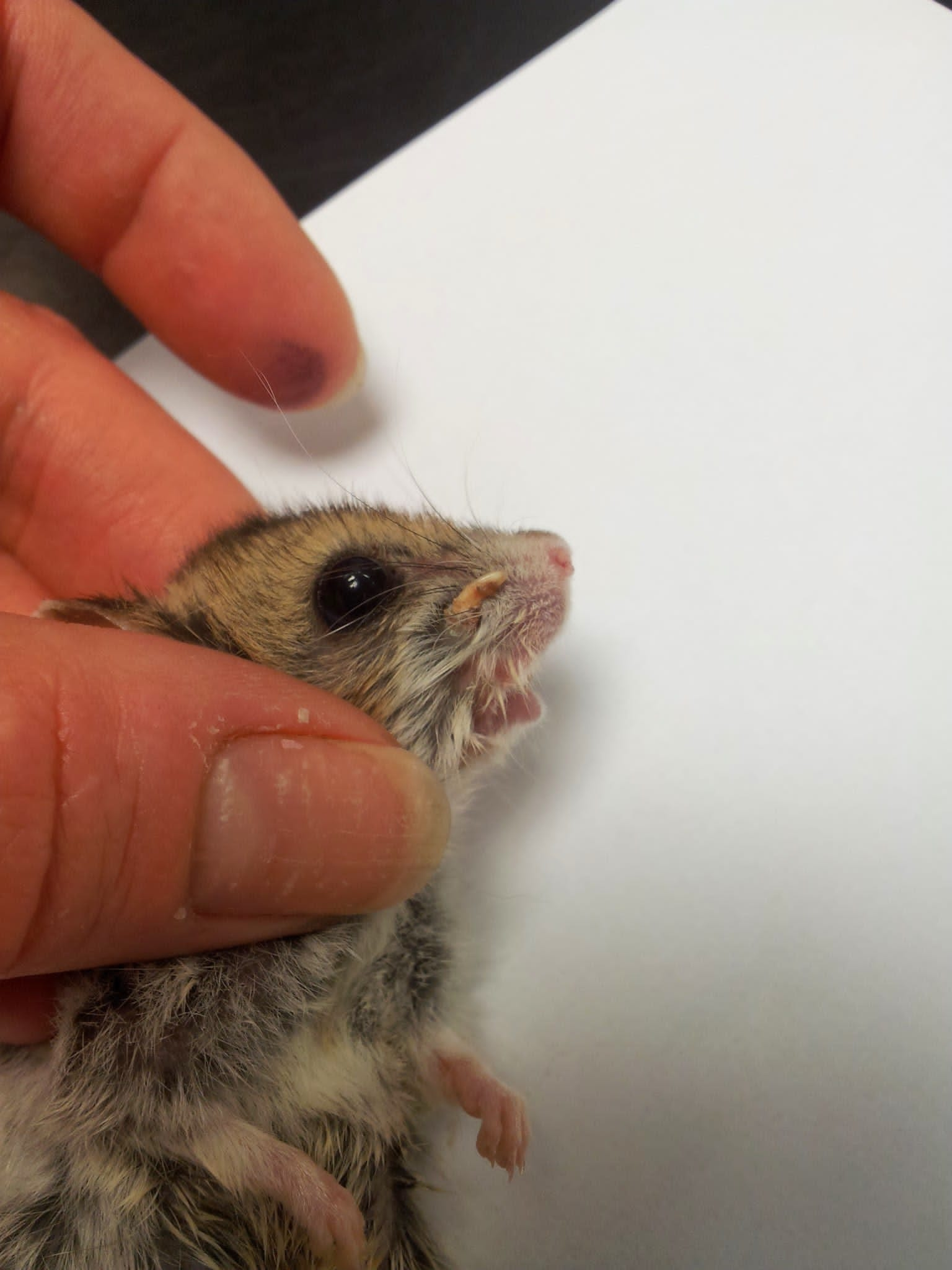Hamster Breed Lifespans
Understanding Hamster Lifespans
The lifespan of hamsters can differ significantly based on their breed, living conditions, and care. Generally, hamsters have a lifespan ranging from 2 to 3 years, but some pet owners report their hamsters living longer with proper care. The **Syrian hamster**, known for its larger size and friendly nature, typically has a lifespan of around 2 to 3 years. Conversely, smaller breeds, like the **Roborovski hamster**, often live slightly longer, sometimes reaching up to 4 years under the right circumstances. Understanding these lifespan nuances is essential for setting realistic expectations when caring for your pet. This knowledge can help owners provide better environments and health care tailored to their chosen breed.
Common Hamster Breeds and Their Lifespans
There are several common breeds of hamsters, each with unique characteristics and lifespans. The most popular are Syrian, Dwarf Russian, Roborovski, and Chinese hamsters. Typically, **Syrian hamsters** have a lifespan of 2 to 3 years, while **Dwarf Russian** hamsters average around 2 years. On the longer end, **Roborovski hamsters** may live up to 4 years, and **Chinese hamsters**, despite their smaller size, can also have lifespans extending towards 3 years. Knowledge about these breeds not only aids in selecting the right pet but also in understanding the kind of care they need over their lifespan.
Factors Influencing Hamster Lifespan
Several factors can influence the overall lifespan of hamsters. Genetics plays a crucial role; certain breeds are predisposed to specific health issues. Additionally, **diet**, **exercise**, and a **safe living environment** significantly affect their longevity. Well-balanced nutrition with essential vitamins and minerals can enhance a hamster’s health and lifespan. Regular exercise through toys and safe spaces to explore can promote a healthy lifestyle. Moreover, stress-free environments, free of hazards and excessive noise, contribute significantly to a hamster’s well-being. Adopting preventive health measures not only extends their lifespan but also improves their quality of life.
How to Enhance Your Hamster’s Lifespan
To ensure your hamster lives a long, healthy life, certain practices and insights into hamster well-being must be followed. First and foremost, maintain a consistent feeding schedule rich in a variety of nutrients. Creates a balanced diet of fresh fruits, vegetables, and high-quality hamster pellets is important. Secondly, enrichment through play is vital; rotating toys and creating different environments within their cage can help stave off boredom and promote physical activity.
Creating a Comfortable Habitat
A hamster’s habitat directly affects its longevity. When crafting the perfect habitat, focus on size, comfort, and cleanliness. A spacious cage with ample ventilation and soft bedding promotes a comfortable environment. Ensure to regularly clean the cage and replace bedding to prevent odors and bacteria growth that can lead to health issues. Including multiple hideaways can help create a sense of security, reducing stress in your hamster. Remember, **stress management** and a conducive living environment are integral to enhancing the lifespan of your pet.
Health Care and Regular Vet Checkups
Regular health checkups with a veterinarian can ensure your hamster is thriving. Look out for common health issues specific to each breed, like dental problems in **Syrian hamsters** or skin issues in **Dwarf hamsters**. Early detection of problems will lead to effective treatment options before symptoms progress too severely. Additionally, being observant and knowledgeable about your hamster’s daily behavior can signal potential health concerns. Continuous monitoring is essential for supplying the right preventative care, contributing to an extended lifespan.
Young vs. Old Hamsters
Understanding the differences in care between young and old hamsters can also significantly influence their lifespan. **Young hamsters** are typically more energetic and require space to play. Old hamsters, on the other hand, may require softer materials in their habitat, a reduction in exercise, and more frequent check-ins to help them feel secure and comfortable in their habitat.
Feeding Considerations for Age
When considering your hamster’s age, adjusting their diet is critical. Younger hamsters often require a diet richer in protein to facilitate growth, while older hamsters may benefit from a diet lower in fat and calories to prevent obesity. Including softer, easy-to-chew foods for older hamsters is essential, as dental health can decline with age. Understanding what your hamster needs as it ages will greatly contribute to longevity.
Typical Aging Signs in Hamsters
A hamster may show several signs of aging. Consultation with a veterinarian is always recommended if you notice increased lethargy, changes in weight, or alterations in eating habits. Behavioral changes can also reveal that your hamster is aging; for instance, they may become less playful and more solitary as they grow older. Recognizing the stages of aging early can help you adapt care progressively, ensuring your furry friend gets attentive and tailored care, ultimately influencing their lifespan positively.
Key Points
- The lifespan of hamsters varies by breed, generally ranging from 2 to 4 years.
- Proper habitat, nutrition, and regular vet checkups significantly improve health and longevity.
- Younger and older hamsters have different care needs; consider feeding adjustments as they age.
- Staying observant and providing an enriched habitat can promote well-being in hamsters.
FAQ
1. What is the average lifespan of a Hamster?
The average lifespan of a hamster is between 2 and 3 years, with larger breeds like the Syrian hamster typically living slightly shorter lives compared to smaller breeds like the Roborovski hamster, which may live up to 4 years. Proper care can influence these averages significantly.
2. How do environmental factors affect hamster lifespan?
Environmental factors play a crucial role in a hamster’s lifespan. A humid or improperly maintained habitat can lead to health issues, while a spacious cage encourages exercise. Stress-free surroundings that include enriching toys help to improve their overall well-being.
3. Can diet improve a hamster’s lifespan?
Yes, maintaining a balanced diet with necessary nutrients can greatly improve a hamster’s lifespan. Incorporating fresh vegetables, fruits, and high-quality hamster pellets supports their health and helps prevent obesity and diseases.
4. How do I know when my hamster is aging?
Signs of aging in hamsters include lethargy, changes in appetite, difficulty in grooming, and reduced activity levels. Regular observation and understanding their normalized behaviors will help catch any age-related concerns early on.
5. What unique considerations should be made for elder hamsters?
Elder hamsters may require softer bedding, easier access to food, and adjustments in diet to lower fat content. Monitoring their health closely ensures timely veterinary intervention, improving care as they age.

